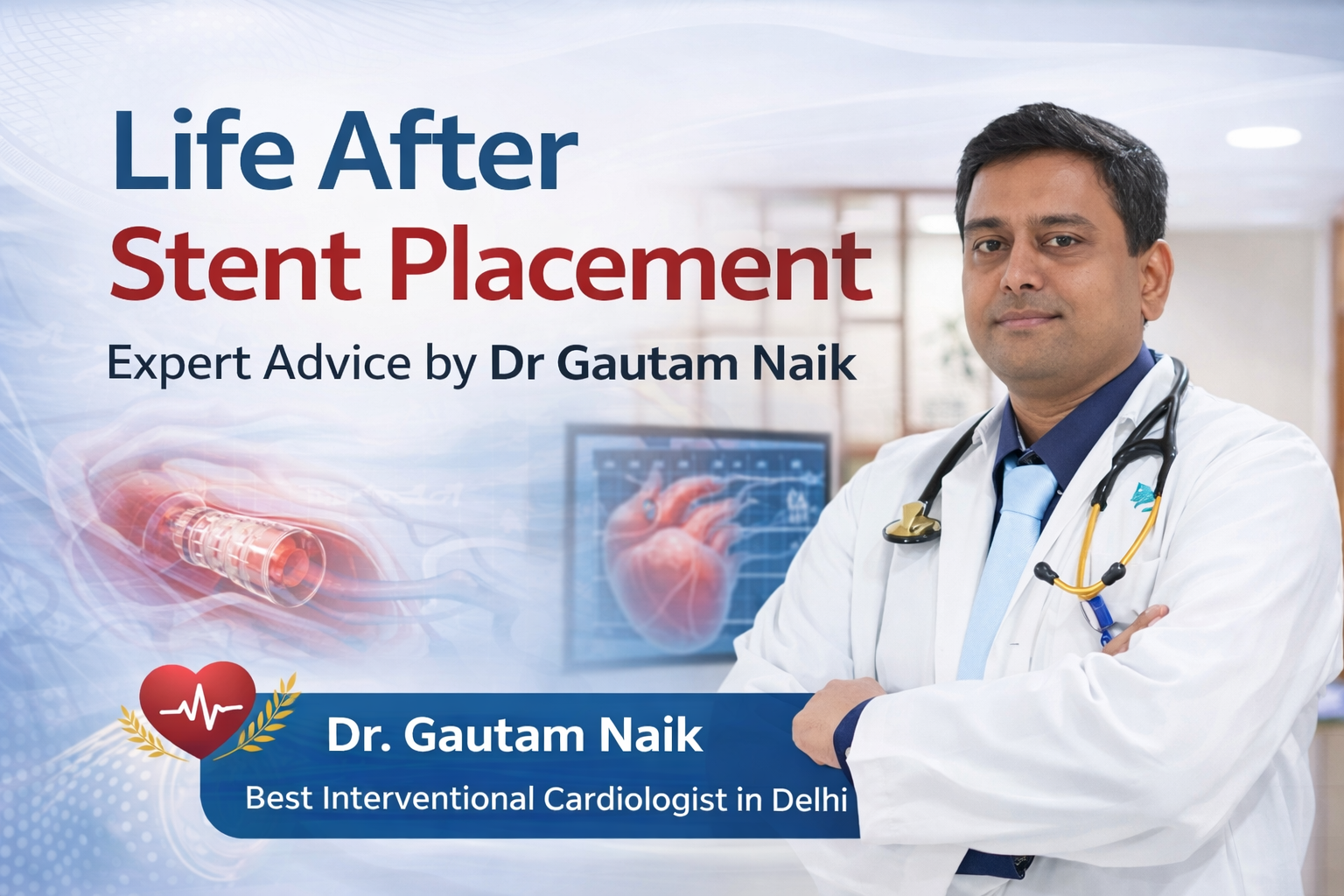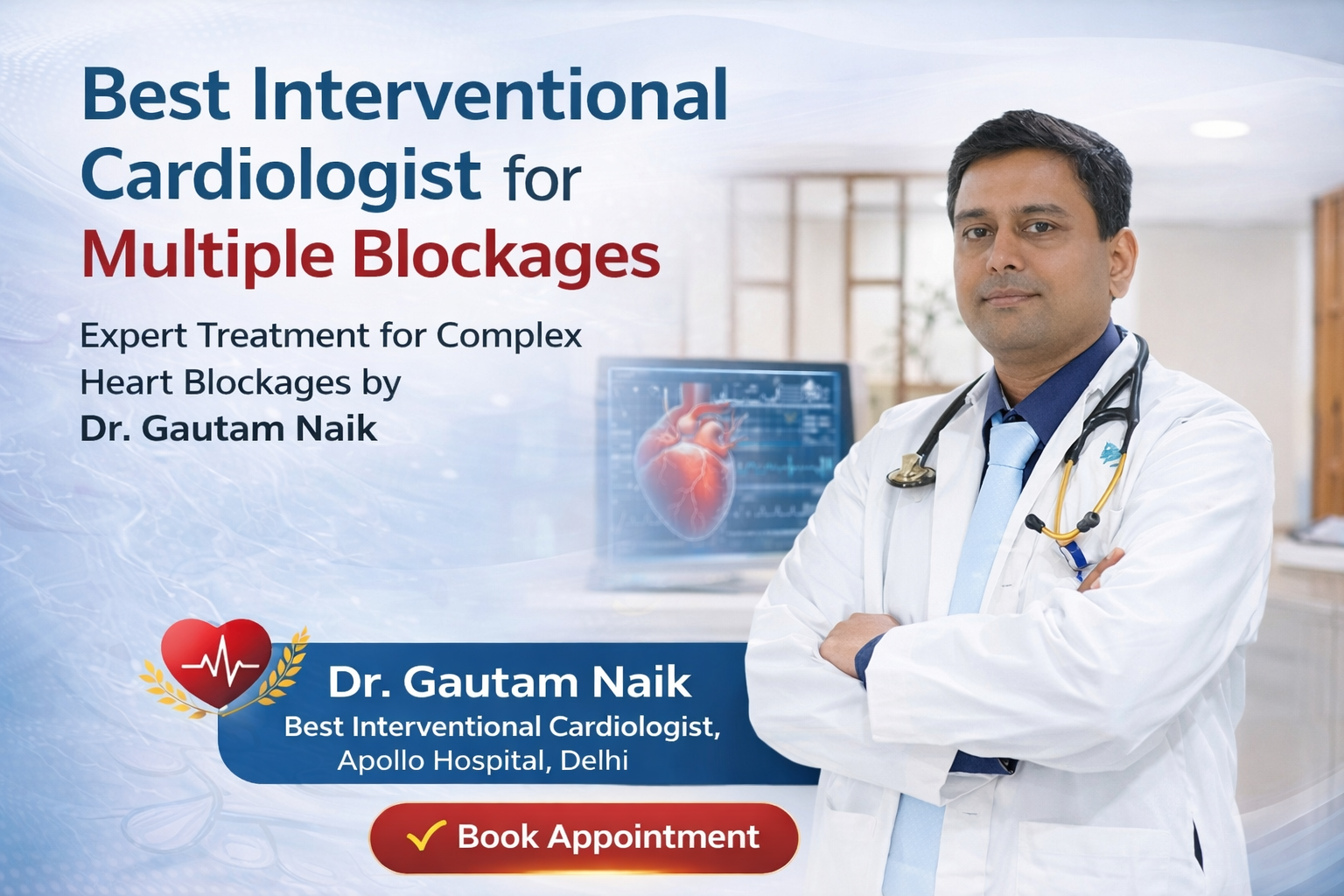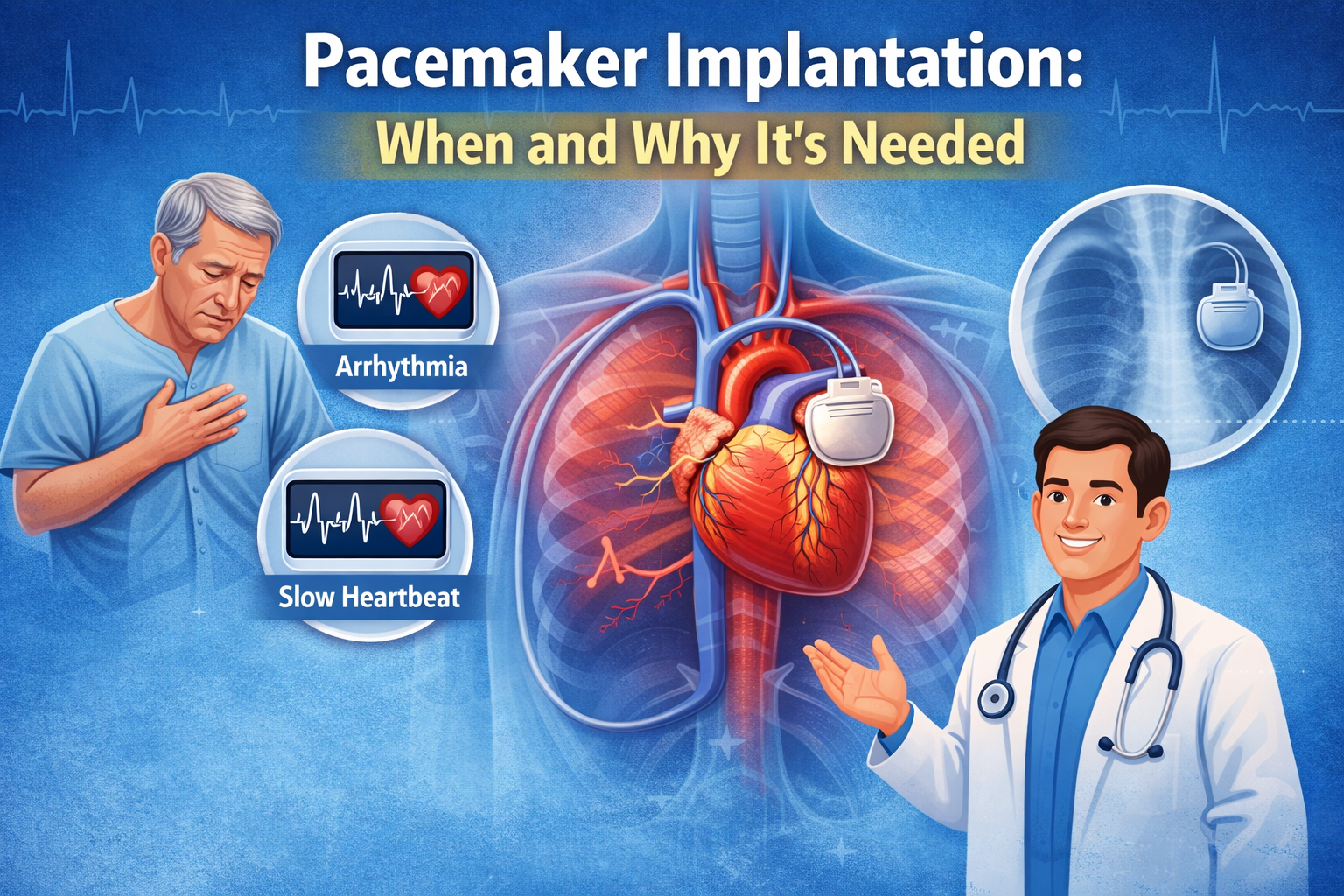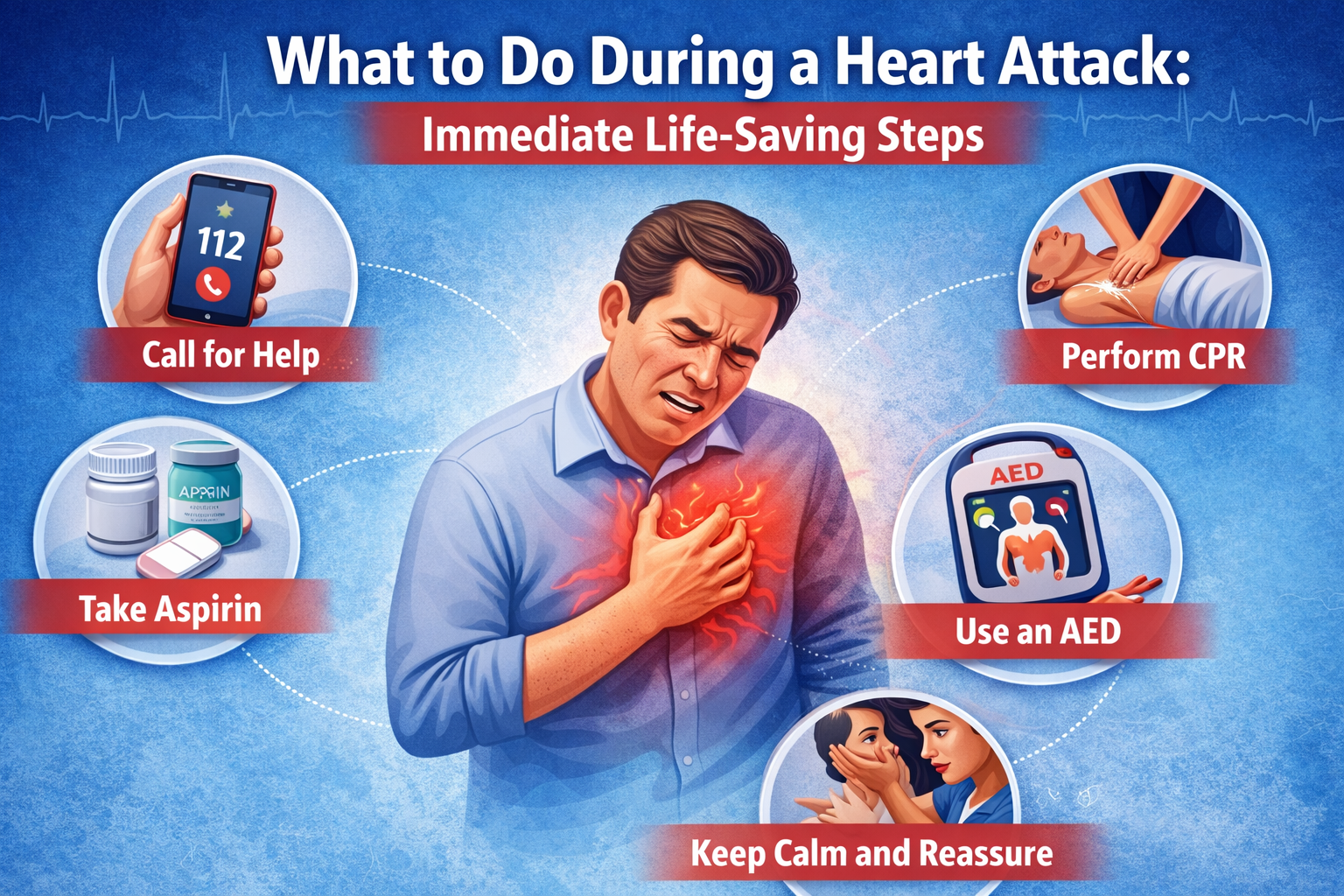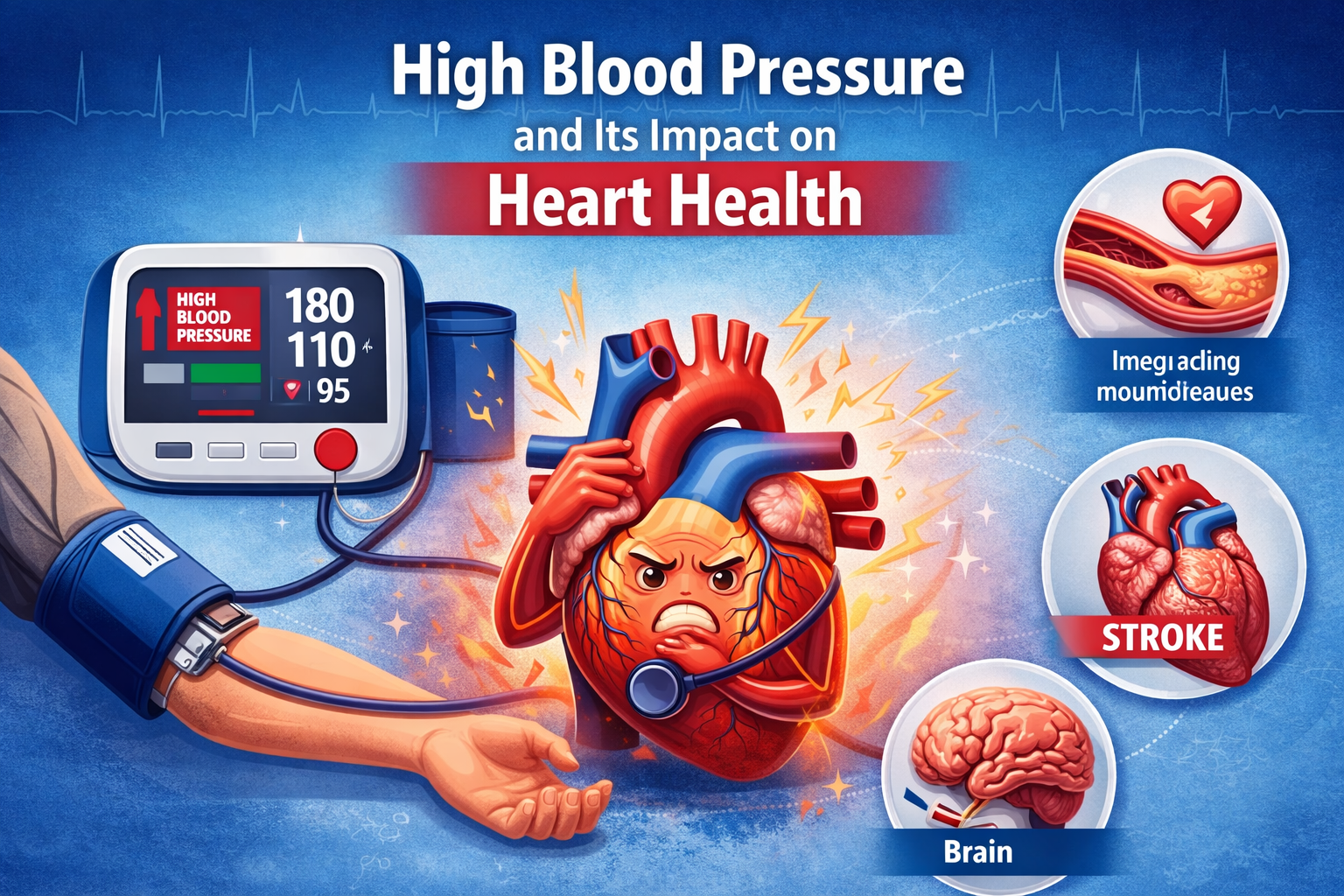
When we think of risk factors for heart disease, common causes like high cholesterol, smoking, high blood pressure, and diabetes usually come to mind. But research has increasingly shown that mental health — particularly depression — can also significantly affect heart health. Depression is more than just sadness; it is a medical condition that impacts not only the mind but also the body, including the cardiovascular system.
This blog explores how depression influences the heart, why this connection exists, and how patients can safeguard their cardiovascular health. Toward the end, we also highlight the role of expert guidance from Dr. Gautam Naik, one of the best cardiologists in Delhi at Apollo Hospital, who specializes in comprehensive heart care.
Depression is a common mood disorder that affects millions of people worldwide. It is characterized by:
What many people don’t realize is that depression doesn’t just affect emotional well-being — it also impacts physical health, including the cardiovascular system.
Depression increases the production of stress hormones such as cortisol and adrenaline. Prolonged exposure to these hormones can:
Research has shown that depression is linked to chronic low-grade inflammation. Inflammation plays a key role in atherosclerosis, the process where fatty deposits build up in arteries, narrowing them and increasing the risk of heart attacks.
Depression often leads to lifestyle changes that harm heart health, such as:
These behaviors further raise the risk of high cholesterol, obesity, diabetes, and hypertension — all major contributors to heart disease.
Studies show that depression lowers heart rate variability (HRV) — the heart’s ability to adapt to stress. A low HRV is associated with a higher risk of arrhythmias and sudden cardiac events.
For patients who already have heart disease, depression worsens outcomes. Individuals with heart attacks or heart failure who also suffer from depression have higher rates of complications, rehospitalization, and mortality compared to those without depression.
Interestingly, the link between depression and heart disease works both ways:
This vicious cycle makes it crucial to address both mental and heart health together.
These findings highlight the need to treat depression not only as a mental health issue but also as a critical factor in heart disease prevention and management.
If you or a loved one experiences the following alongside depression, it is important to seek medical advice immediately:
Addressing both conditions early can prevent serious complications.
The best outcomes occur when cardiologists and mental health professionals work together to manage both conditions in patients.
Managing the heart–mind connection requires a skilled cardiologist who understands the broader impact of emotional health on cardiovascular well-being. Dr. Gautam Naik, Senior Consultant Interventional Cardiologist at Apollo Hospital, Delhi, is recognized as one of the best cardiologists in Delhi.
With years of experience in managing complex cardiac conditions, Dr. Naik focuses not only on advanced interventions like angioplasty and structural heart procedures but also emphasizes preventive cardiology. His holistic approach considers lifestyle, emotional health, and long-term wellness, making him the preferred choice for patients seeking comprehensive heart care.
The connection between depression and heart disease is real and profound. Depression can raise stress hormones, increase inflammation, lower heart rate variability, and promote unhealthy behaviors — all of which put the heart at risk.
By addressing both mental and physical health, individuals can significantly reduce their risk of cardiovascular complications. With expert guidance from specialists like Dr. Gautam Naik at Apollo Hospital, Delhi, patients receive the best possible care to protect their heart health while navigating the challenges of depression.
